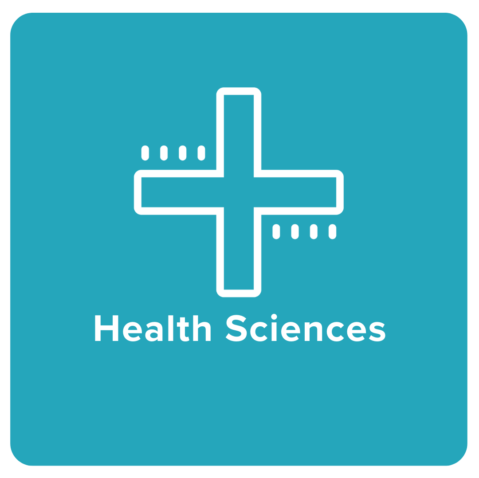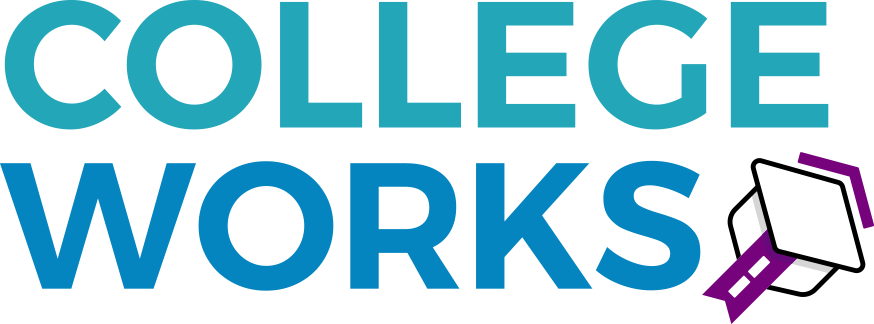
Respiratory Therapist
If you are compassionate, patient, detail-oriented, have good interpersonal skills, and possess problem-solving and science and math skills, you may want to consider becoming a respiratory therapist.
A respiratory therapist is trained and skilled to assess, diagnose and treat patients who have difficulty breathing. They work with people of all ages, from infants to the elderly, along with physicians and nurses to develop treatment plans that will best help restore as much natural breathing as possible.
From initial interviewing and examining, to teaching patients how to administer treatment on their own, respiratory therapists are a critical component in helping people living with cardio-pulmonary diseases and disorders.
Respiratory therapists have busy jobs. They meet and examine patients who have pulmonary diseases, disorders or complications. They conduct, perform and analyze diagnostic and function tests to assess lung capacity and capability. They work with physicians and nurses to create treatment plans. They treat patients with aerosol medications and chest physiotherapy. They evaluate the treatment progress, administer inhalants and operate mechanical ventilators and other machines. They train patients how to administer treatments and use equipment on their own, and they protect patients through stringent protocols.
If you’re interested in becoming a respiratory therapist, you’ll need to enroll in an accredited program in Respiratory Care. These 2-year Associate of Applied Science (AAS) degree programs will prepare you to take the Therapist-Multiple Choice (TMC) exam given by the National Board for Respiratory Care (NBRC). Students who achieve a high score on this exam are then eligible for the NBRC Clinical Simulation exam, which can then earn them a credential of Registered Respiratory Therapist (RRT).
Once you get your RRT credential, you’ll also have the opportunity to specialize further. You could become a certified pulmonary function technologist (CPFT) or registered pulmonary function technologist (RPFT), or a sleep disorders specialist (SDS). You could focus on adult critical care (ACCS) or neonatal/ pediatrics (NPS).
If specializing is an interest for you, be sure that your program of choice offers your desired specialty.
$53,559
entry level salary estimate
$71,015
experienced level salary estimate
1,019
projected annual job openings

Programs for Respiratory Therapists
Many ways to make a difference.
When you think about healthcare, your thoughts likely turn to doctors and nurses, and caring for patients. Career opportunities in healthcare today are not only in high demand they are also highly diverse – spanning a range of specialist areas and different settings from home to hospital. For many healthcare positions you can get your start with a certificate, and advance your career with an associate or bachelor’s degree.

Additional In Demand Careers in Health Sciences
Sources:
Texas Labor Market Information, Texas Workforce Commission. Statewide wages by occupation, 2021. Statewide projections by occupation, 2020-2030.
Get in touch
Stay connected
Interested in learning more about the college and career options that might be right for you? Whether you are a student, a parent, or counselor, sign up to our email list and we’ll keep you updated as our site grows to include even more programs and areas of interest.
